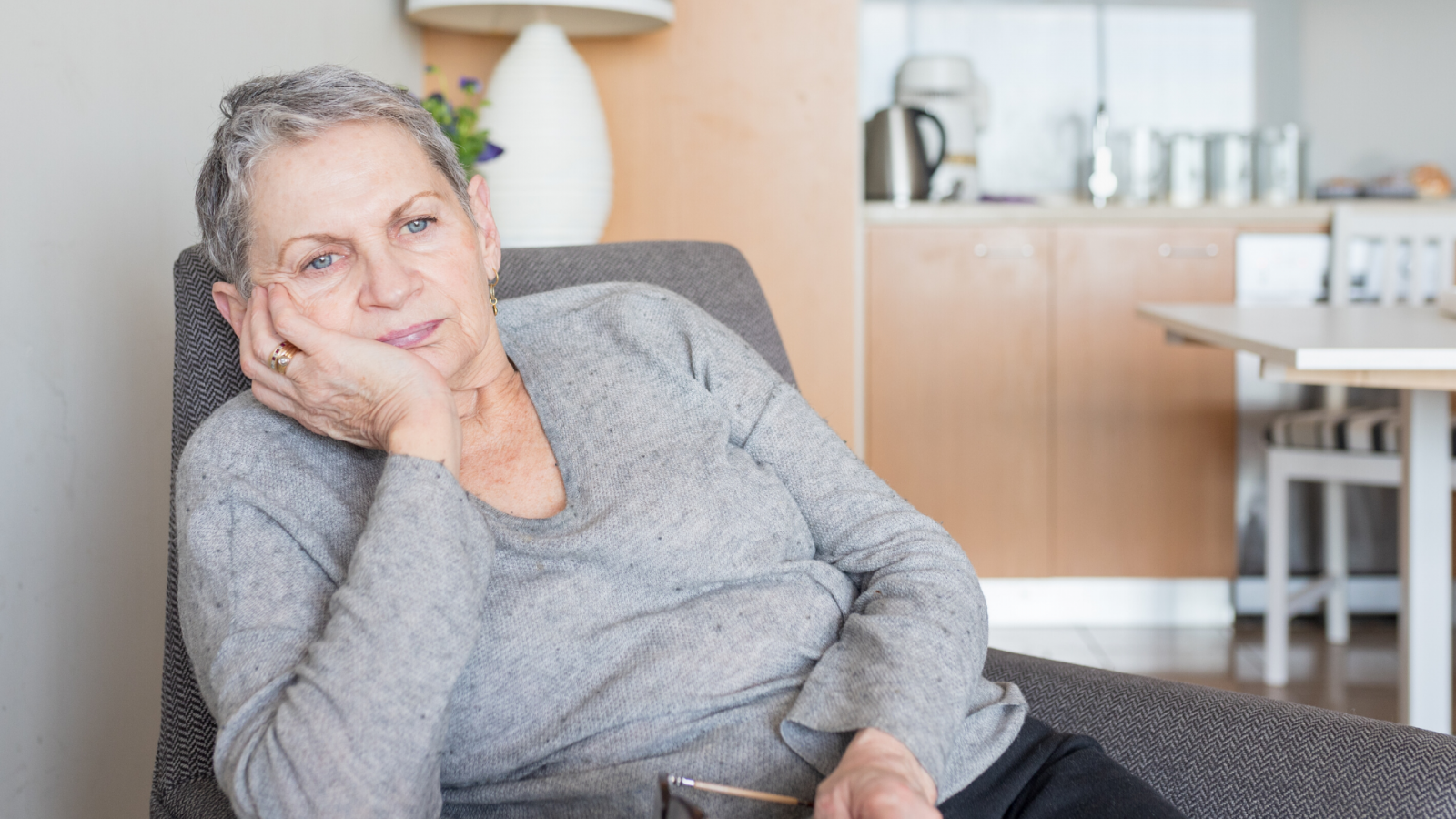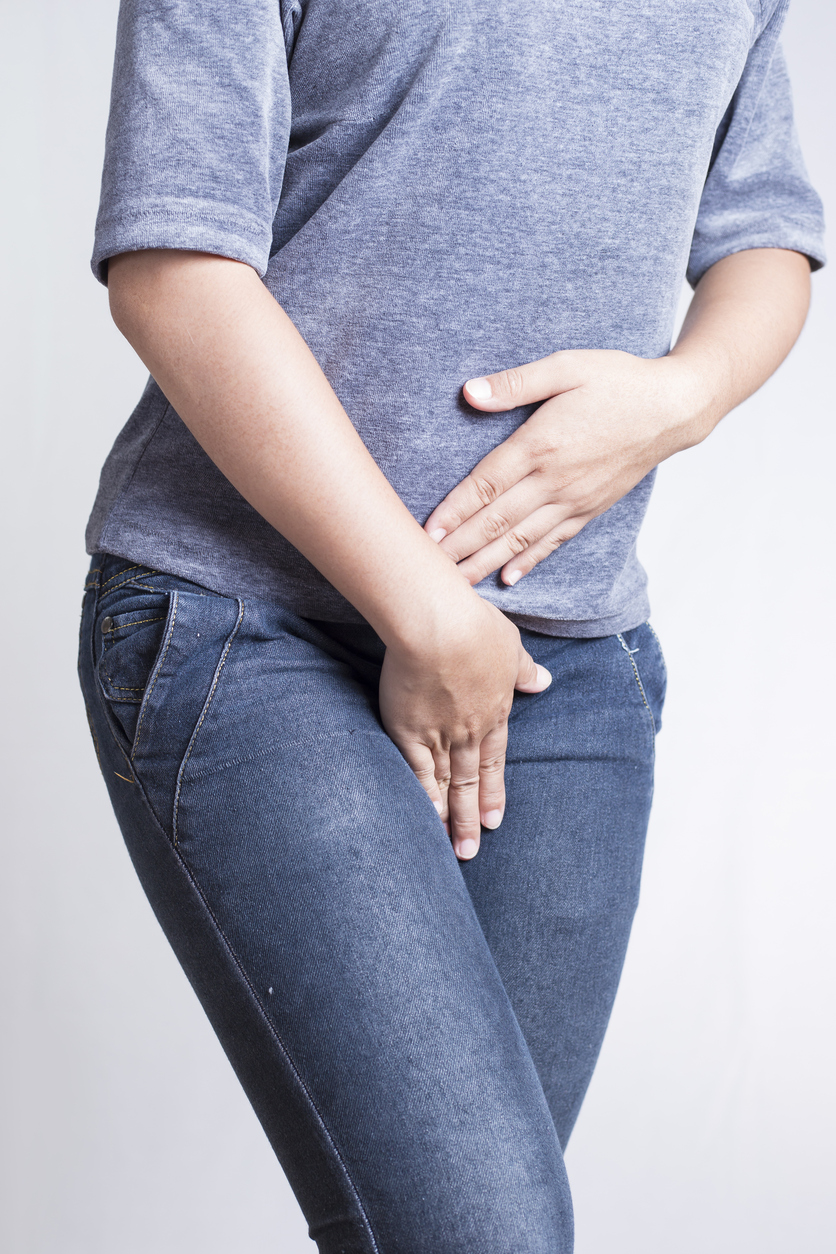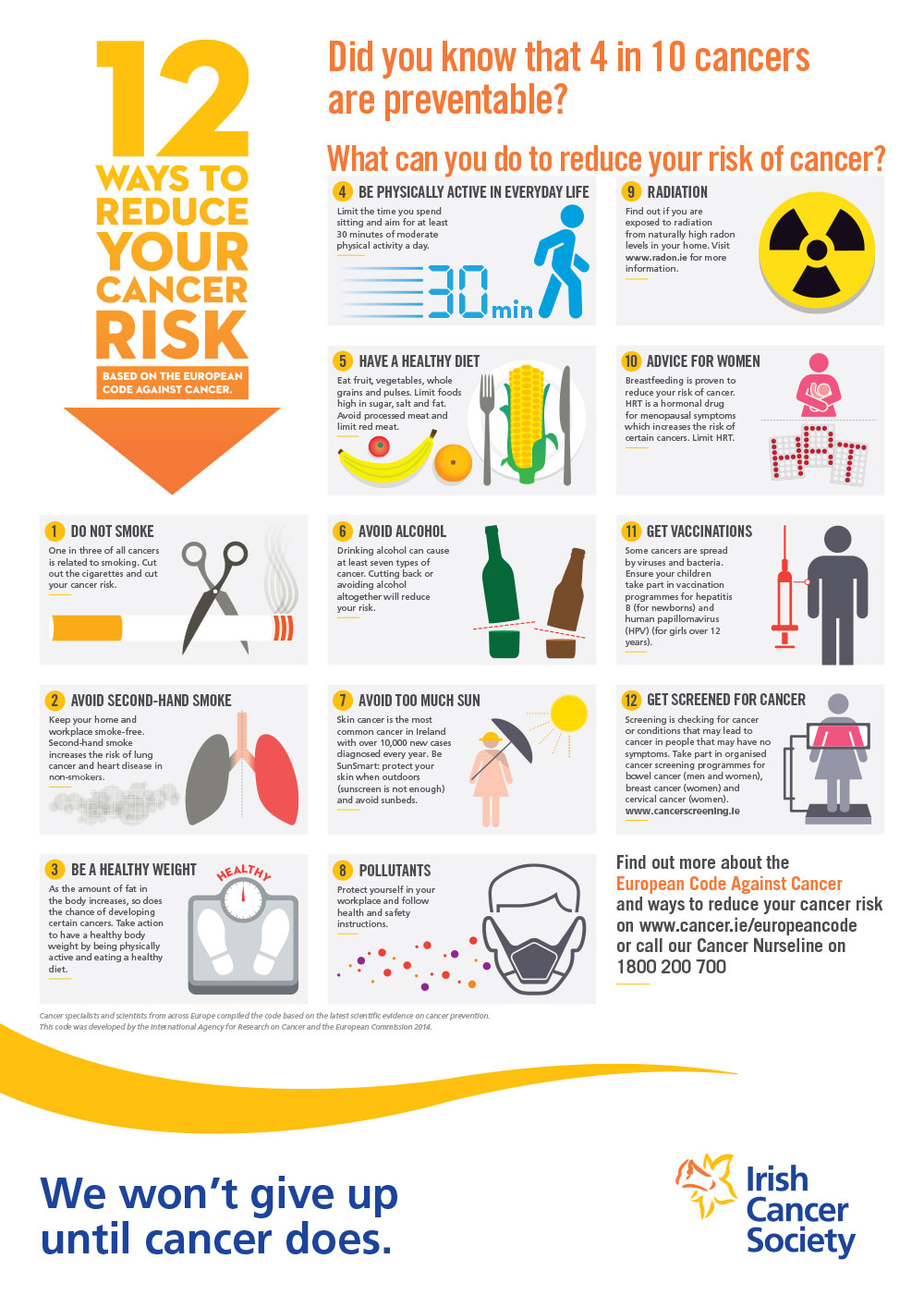What increases my risk of uterine (womb) cancer?

The cause of uterine (womb) cancer is unknown. But there are certain things called risk factors that can increase your chance of developing the disease. These include:
- Age: It is more common in women after the menopause between the ages of 50 and 64.
- Being overweight: If you are overweight, your risk of uterine cancer is increased.
- Hormone replacement therapy (HRT): If you are taking oestrogen-only HRT for a long time after the menopause, your risk of uterine cancer is slightly increased.
- Family history: Family history of uterine cancer in a first degree relative (mother, sister, daughter). If you have an inherited faulty gene, it raises your risk of developing uterine or bowel cancer. In a small number of families, this faulty gene can cause a condition called Lynch Syndrome (hereditary nonpolyposis colorectal cancer (HNPCC).
- No pregnancies: If you have not had children or never been pregnant, your risk of uterine cancer is increased.
- Polycystic ovaries: If you have polycystic ovaries, your risk is increased. This is a condition where cysts grow in the ovaries.
- Menstrual history: If your started your periods early in life and / or started your menopause later, your risk is higher.
Having a risk factor doesn’t mean you will get cancer. Sometimes people with no risk factors get the disease. If you’re worried, talk to your GP or talk to one of our cancer nurses. Call our Support Line on 1800 200 700 or visit a Daffodil Centre.
Taking tamoxifen for breast cancer can slightly increase your risk of uterine cancer. However, the benefit of taking tamoxifen for your breast cancer overrides the small risk associated with cancer of the uterus. But it is important if you are taking tamoxifen to tell your doctor if you have any unexpected vaginal bleeding or bleeding after your periods have stopped.
Reducing your risk of uterine (womb) cancer
Things you can do to reduce your risk of uterine cancer include:
- Keeping a healthy weight for your height
- If you are taking HRT, ask your GP if the type of HRT you are taking is linked to a higher risk of uterine cancer.
Read more about these and other cancer risk-reduction tips.
For more information
Phone
1800 200 700



